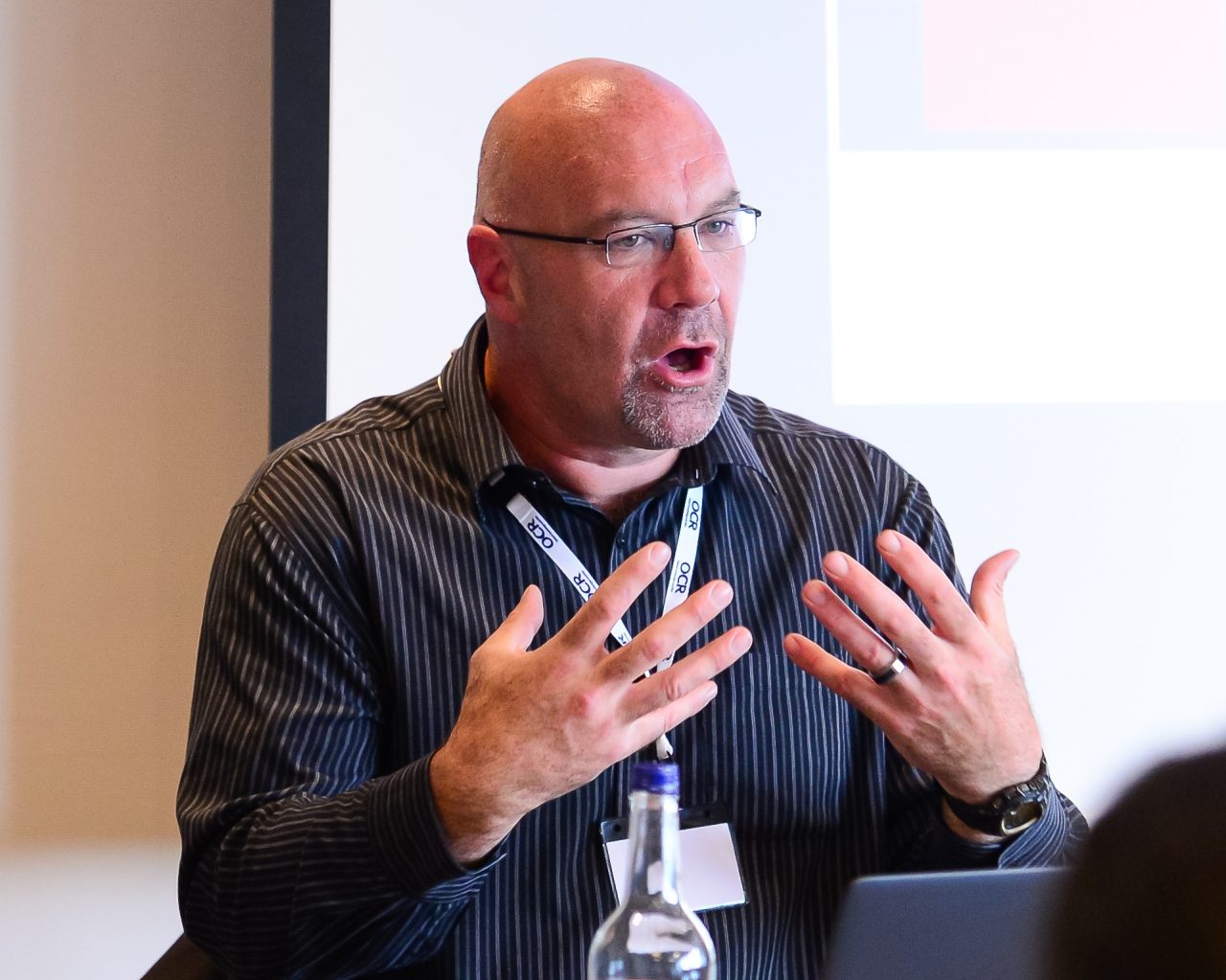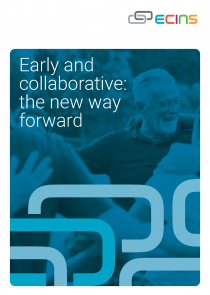by Kevin Moore FIEP, Chief Executive, Future Path Ltd
Future employment provision will clearly need to be aimed at supporting customers with multiple and/or complex needs. Early sightings of DWP’s intentions for “Work Programme Plus”, and speeches from Iain Duncan-Smith, Priti Patel, Lord Freud and Jeremy Moore all focus on two concepts – the need to address health issues (both physical and mental) and the benefits of integrating employment support alongside other related services.
Over the past 2 years, DWP and the London borough of Barnet have been testing and running a number of multi-agency teams, each focussed on a specific cohort. Most notable have been the Care Leavers’ Hub – a Barnet-born model cited by DWP as best practice, and the Welfare Reform Task Force – which features joint working by JCP, Barnet Homes (the council’s housing ALMO) and the Housing Benefit Team responsible for Discretionary Housing Payments.
Of particular interest is the way in which the local authority has introduced provider-led services, initially to support the Task Force, but now rolled out across the whole borough. Given the strong link between unemployment and anxiety & depression, and the low employment rate among those with such common mental health issues, the local authority procured a short pilot to test provider interventions to:
1. Increase engagement with IAPT services;
2. Signpost applicable participants to healthy lifestyle services and;
3. Support participants into or nearer employment.
Future Path was commissioned to deliver an initial three-month pilot, integrating into the Task Force and receiving referrals from JCP offices, the 4 multi-agency teams and local support organisations. Following a successful delivery period, we subsequently won the contract to deliver the service over a longer timeframe.
So what makes it different?
- Unusually, this employment programme is funded by Public Health. An employment support budget has allowed for the local authority to procure both this programme (we call it MaPS – Motivational and Psychological Support) and an IPS programme for Barnet residents who have more severe and enduring mental health issues (delivered by Twining Enterprise).
- MaPS personnel are based within the council building, as well as delivering from JCP offices, Integrated Offender Management and the Care Leavers’ Hub. We don’t allow them to work from the Future Path office, to enable full embedding within the multi-agency teams.
- Our funders are very hands-on, without interfering. Rarely a week goes by without us being with the local authority, whether it’s a monthly contract review or a more informal case of sitting next to each other at the hot desks. This has fostered a real sense of trust, purpose and belonging. Given that MaPS is a black-box model, the trust has been essential to have – our funders are curious about how we help, without ever dictating to us.
- This truly is a holistic programme. The FP staff focus on understanding each participant’s full support needs, and work on addressing the root causes. Although there is a KPI around improved mental health, the team don’t deliver therapy – they look to tackle the issues that are causing the anxiety and depression, knowing that a direct consequence will be improved mood and lessened anxiety.
Evolving the Model
As part of the West London Alliance, Barnet Council have secured funding to test a “place-based” approach to tackling worklessness. This has resulted in the multi-agency model being replicated in one of the most deprived wards (Burnt Oak), to take the services to the community. Future Path are based within the local library alongside the other partners, to provide a one-roof approach to tackling worklessness in one of North London’s unemployment hotspots. This is an approach that is increasingly appealing to commissioners, and Burnt Oak is fortunate that the model and partners were already working pan-borough, allowing the project (BOOST – Burnt Oak Opportunities, Support and Training) to hit the ground running.
Also, those readers who are working on the current Big Lottery ESIF rounds in London may recognise the MaPS model. “Project 12”, the pyscho-educational service being procured across West London, is based upon the service that Future Path have designed and delivered to date. Given commissioners’ current tendency to procure the IPS model whenever mental health is mentioned, it is humbling to see that so much was thought of our delivery that the West London sub-region obtained 50% of London’s innovation fund to acquire the service in 7 local authority areas.
Lessons Learnt from Delivery
1. Recruiting staff from a mental health delivery background has been a resounding success. Although MaPS is anything but a clinical service, their use of informal coping strategies and understanding of the human condition have been invaluable. Training such staff in the skills of our world has, we believe, been more successful than if we had taken the opposite approach.
2. The black box works well, given sensible caseload sizes and the provision of an overarching structure. Future Path has its own framework, “PACES”, which has enabled staff to deliver individualised services, whilst also providing a model to base their service design on.
3. Co-location works. In a time of an ever-shrinking public sector, the opportunity is there to base teams from hot desks in many public buildings. With service design that ensures shared objectives and outcomes, staff have truly integrated with JCP, housing providers, GP practices and mental health services.
4. Employment must be the end goal, but mustn’t be the sole focus. By allowing our staff to focus on participants’ overall needs, we have seen a real turnaround in so many lives – even if “the job conversation” hasn’t taken place for as long as three months. Partner organisations have seen that, while they deliver “their” service, FP staff are watching the whole situation, joining up the pieces and spotting (and acting upon) any gaps in support services.
5. The scale of undiagnosed anxiety and depression among workless people is very significant. To date, over 55% of participants that we have screened have scored highly enough on the anxiety scale to warrant referral to IAPT. Depression rates have been even higher (57%), and almost half of all participants have scored highly enough on both scales to suggest that they would benefit from talking therapies. But multi-agency working has enabled us to deliver creative solutions to address these needs, including agreeing with the IAPT provider that our staff can make the referral directly (ordinarily this is done by the participant or GP), and bringing the IAPT provider into the council building to deliver stress and low mood workshops exclusively for our clients.
All of the above hopefully bodes well for Work Programme Plus, where integrating employment support with other services will be vital. I must say that we have been really thrilled at how we have been received by the other agencies, despite some initial caution and suspicion. Of course, not every JCP district or local authority will be so welcoming, but the last 22 months have gone a long way to showing all parties that joined up funding, services and outcomes can create a better quality, more productive and more cost-efficient set of services than anything that is done in silos.
BOOST are working with ECINS to compile and share information and improve outcomes for claimants around welfare reform.


